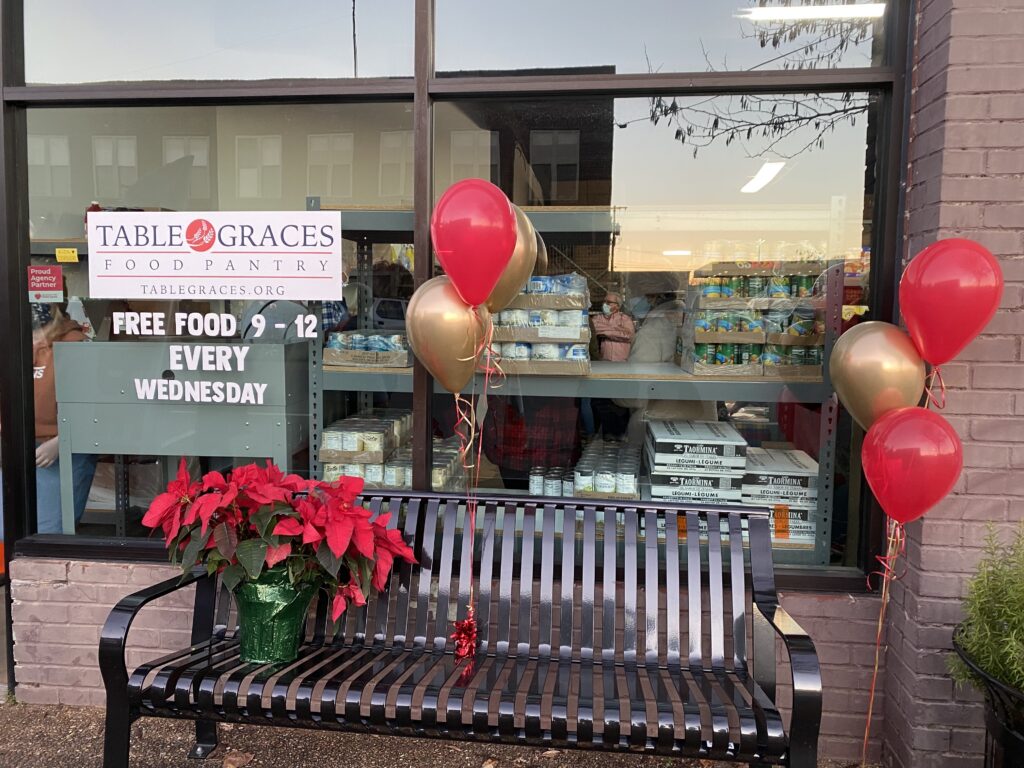The Child Tax Credit: A Bridge to Opportunity for Rural Families

Rural communities can’t afford to lose this bridge to participation, to hope, to opportunity. It is vital that CTC installments continue without disruption.
- Whitney Kimball Coe, Rural Assembly Tweet
By Whitney Kimball Coe
The Child Tax Credit and its expansion disproportionately benefit rural communities, where there are more low-income workers, less access to services, and higher rates of child poverty.
Around 60 million of us call rural America home: Families living in small towns, hollers, along our coasts, and on reservations, across the country are grappling with the same challenges that occupy most families everywhere — figuring out how they’re going to cover expenses, particularly in the midst of a pandemic–expenses like childcare, healthcare, broadband, education, housing—basic ingredients that must be in place in order for any family and any community to find a foothold in our democracy.
In rural America, those challenges are magnified. Of the 310 persistent poverty counties identified by USDA, 86 percent of those are rural. Around 1 in 4 rural kids live in poverty. That number is more like 1 in 3 if you are a rural kid of color. And 20 or so months into a pandemic has brought even more families to their knees.
We’ve known for years that the Child Tax Credit is a proven strategy to lift families out of poverty, but this most recent expansion and the swiftness with which was executed has opened doors for even more families and kids — and by extension, strengthened the heartbeat of our communities.
The CTC expansion takes a big swipe at rural child poverty by delivering direct and immediate relief to families – to my own friends and neighbors,even, right here in my hometown of Athens in McMinn County, TN.
Initial research since the first payments went out in July show that the majority of families are using their monthly credits on food. This tracks with my own experience locally—of seeing the need firsthand.
This week, I spent a morning working at Table Graces, one of several food pantries in our community. Each Wednesday, volunteers assemble and distribute a week’s worth of groceries to an average of 270 families. For a small town, that’s a lot of families facing food insecurity. This morning our volunteers stood in a circle and gave thanks for all the boxes we’re able to provide, but in the same breath we cried out for some relief for our neighbors and friends who can’t make ends meet.
Table Graces sits right at the intersection of communal abundance and scarcity, and the expansion of the CTC can help tip those scales significantly.
With this expansion, 49 percent more kids in my home county qualify for this benefit, and across rural America 94 percent of our kids will now qualify.
These monthly installments are not a paycheck, not a living wage. They are a bridge to opportunity, to hope, to a better night’s sleep…they mean that families might not have to choose between food and keeping the lights on.
They mean childcare, long-overdue home repairs, that expensive broadband connection.
These installments translate into better mental and physical health in communities that need it most.
We know that rural people and places are critical partners in the work of shoring up our democracy and moving us closer to a more equitable and inclusive nation. Rural communities can’t afford to lose this bridge to participation, to hope, to opportunity. It is vital that CTC installments continue without disruption.







